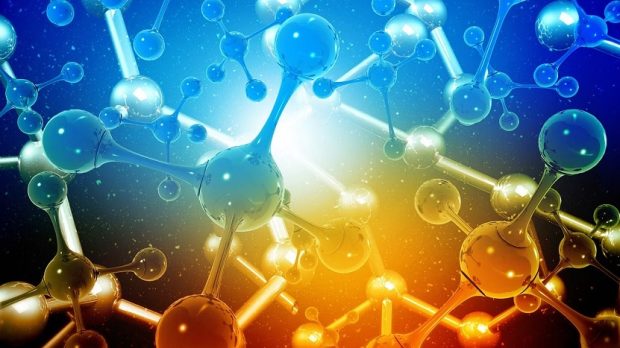
Like-charged particles can attract each other, Oxford researchers find
PTI, Mar 3, 2024, 8:30 AM IST

Representative image (Source: iStock)
New Delhi: Particles with similar charges have been found to attract each other in a new research, a finding that can potentially overturn long-held beliefs, according to researchers.
‘Opposite charges attract; like charges repel’ is a fundamental principle of physics. However, this study from the University of Oxford, UK, has demonstrated that similarly charged particles in a solvent medium can attract each other over long distances.
The researchers also found that depending on the solvent’s pH (acidity or basicity measure), the nature of the force — attraction or repulsion — was different for positively and negatively charged particles. While in water, the negatively charged particles were seen to form clusters, in an alcoholic medium, the positively charged particles were clustered up.
The findings have drawn attention as they seem to contradict the central electromagnetic principle that the force between charges of the same sign is repulsive at all separations, the researchers said.
The results have “immediate” implications for a range of processes involving inter-particle and intermolecular interactions, such as in pharmaceuticals and biochemistry, they said.
The study was published in the journal Nature Nanotechnology.
For the study, the research team used bright-field microscopy and found that negatively charged silica microparticles suspended in water attracted each other to form hexagonally arranged clusters.
However, it was also found that positively charged aminated silica particles (converted into amines) did not form clusters in water.
The team established, based on a theory of inter-particle interactions, that for negatively charged particles in water, there was an attractive force outweighing electrostatic repulsion at large separations, resulting in the forming of clusters.
For positively charged particles in water, the researchers said that the solvent-driven interactions were always repulsive in nature, and therefore, no clusters formed.
The team found this cluster-forming effect to depend on the pH of the solvent. They observed that they were able to control the forming of clusters for negatively charged particles by altering the pH. However, the positively charged particles did not form clusters, regardless of the pH.
The researchers then changed the solvent to alcohols, such as ethanol, and observed the reverse – positively charged aminated silica particles formed hexagonal clusters, whereas negatively charged silica did not.
The study findings implied a fundamental re-calibration in how we understand and think about processes as different as the stability of pharmaceutical and fine chemical products or the pathological malfunction associated with molecular aggregation in human disease, the researchers said.
The new findings also provide evidence for the ability to probe properties of the interfacial electrical potential due to the solvent, such as its sign and magnitude, which were previously thought immeasurable, they said.
Udayavani is now on Telegram. Click here to join our channel and stay updated with the latest news.
Top News
Related Articles More

J&K: AI-based facial recognition system installed at Navyug Tunnel Qazigund

AI game changer? 5 cool features of newly launched ChatGPT-4o

Pakistan conducts successful training launch of ‘Fatah-II’ rocket system

Powerful solar storm impacts Earth, says ISRO

Algorithms help people see and correct their biases, study shows
MUST WATCH
Latest Additions

SC bids adieu to Justice A S Bopanna after tenure of 5 years

Brutal heat scorches northwest India, Delhi’s Najafgarh warmest in country at 47.4 degrees Celsius

SC reserves verdict on Kejriwal’s plea against arrest, allows him to move trial court for bail

AAP has given in under a ‘goon’s pressure’, now questioning my character: Swati Maliwal

Kerala Govt seeks compensation for man’s death in Oman amid Air India Express strike





















